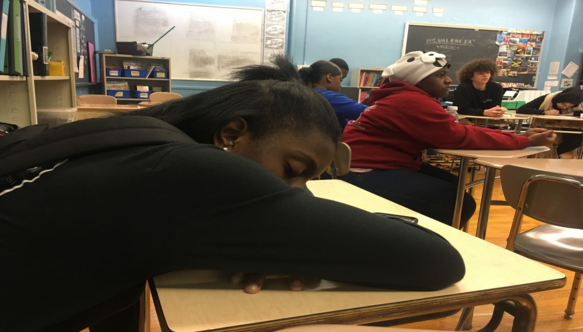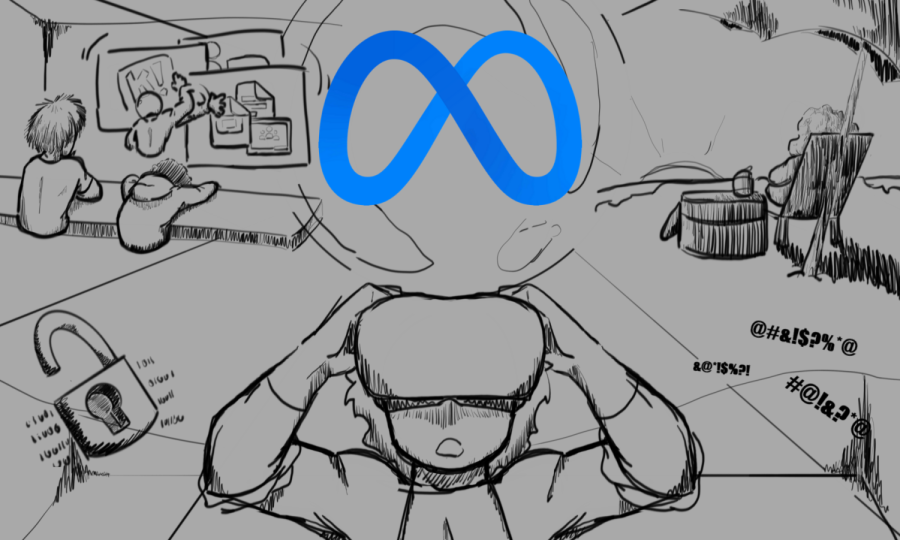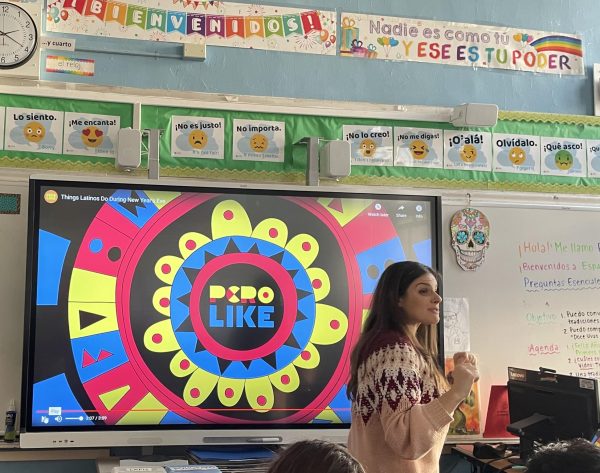Early School Bells May Prevent Students From Learning

November 29, 2017
BROOKLYN, N.Y.- Kids of all ages wake up very early to begin a day of learning at school. Most struggle to barely keep their head up let alone pay attention in class, a problem that has been long acknowledged, but now scientific studies may prove why.
The average time that middle schoolers and high schoolers start school is at 8:03 am. According to Sarah Knapton, science correspondent, the human brain is not fully awake until 10:00 am. So why begin cramming their brains with information so early in the day? Why not start later?
Everyday millions of students wake up as early as 5:00-6:00 am to begin getting ready for class. They get dressed, brush their hair, and sometimes have enough time for breakfast. The majority of students in NYC use the subway as a means of transportation to get to school. Some stay on the train for more than an hour.
“Last time I ate breakfast before school was in Freshmen year and even then it wasn’t an everyday thing. I only live 45 minutes away, but I have to leave early in case of train delays so that means waking up at six on the dot. I can’t even get out of bed sometimes because I’m so exhausted,” says Nana Brew Tetteh, one of the many students who use the train as means of transportation.
When they finally get to school it’s finally time to start learning. Most students still feel sleepy and it’s hard to even keep their head up during first period which can affect their mental health. Ms. Syetta, AP Psychology teacher in Millennium Brooklyn High School (MBHS), discussed the psychological effects of students waking up so early. “Lack of sleep definitely makes students more anxious throughout the day. Even getting enough hours of sleep but waking up early and immediately straining to think can make students feel stressed out.” Sleep deprivation is also one of the main causes of depression, anxiety disorders, obesity, and drug use, all of which are too common for teens.
According to American Scientific Journal, “School Starts Too Early. Parents, students and teachers often argue, with little evidence, about whether U.S. high schools begin too early in the morning. In the past three years, however, scientific studies have piled up, and they all lead to the same conclusion: a later start time improves learning.”
Why would a later time improve learning? According to Kyla Wahlstrom, director of the Center for Applied Research and Educational Improvement at the University of Minnesota, “a large study was conducted in February that tracked more than 9,000 students in eight public high schools in Minnesota, Colorado and Wyoming. After one semester, when school began at 8:35 a.m. or later, grades earned in Math, English, science and Social Studies typically rose a quarter step—for example, up halfway from B to B+.” This highlights that a later starting time would not only benefit the health of students, but their academic achievements too.
MBHS Student Rachel Lynch says, “it honestly gets really stressful sometimes. A lot of us have jobs and college classes after school and get home late and have to spend all night studying and doing homework only to wake up before the sun is even out and repeat the process all over again.” Maybe one day, more awareness will be spread on the benefits of starting school at a later time. For now students can only pray.


















